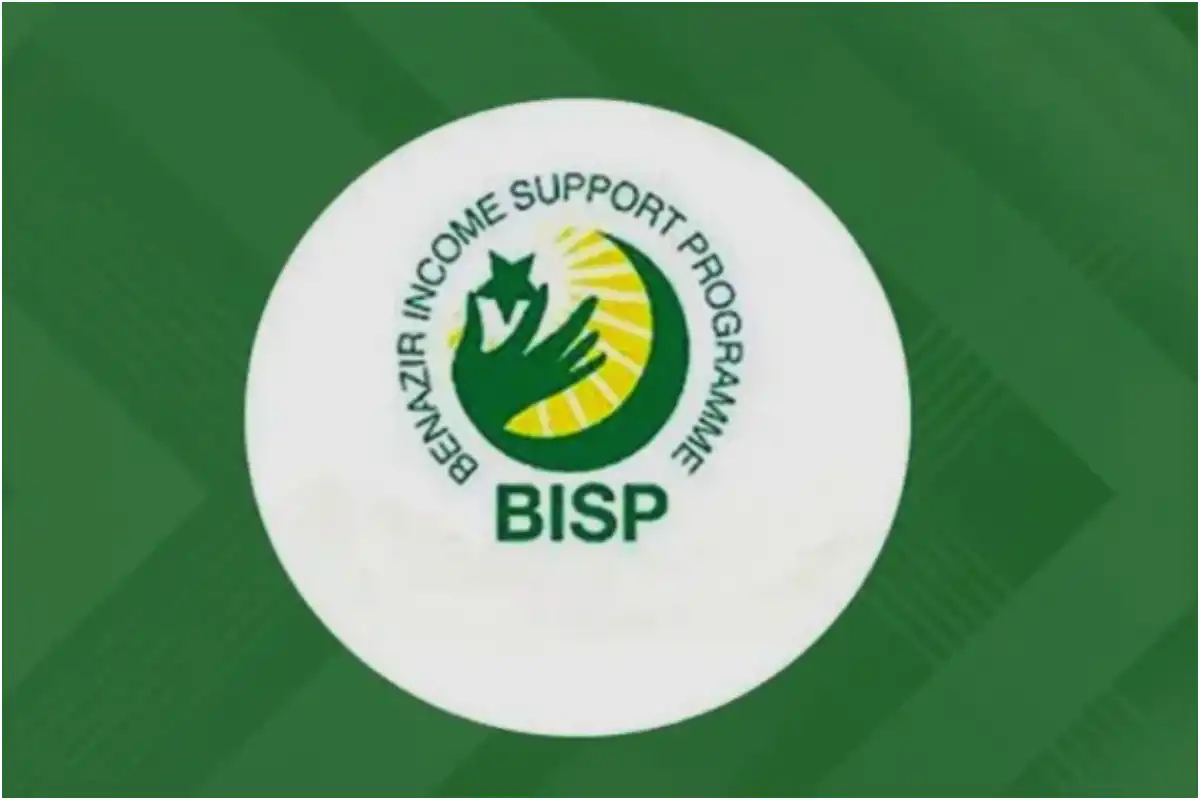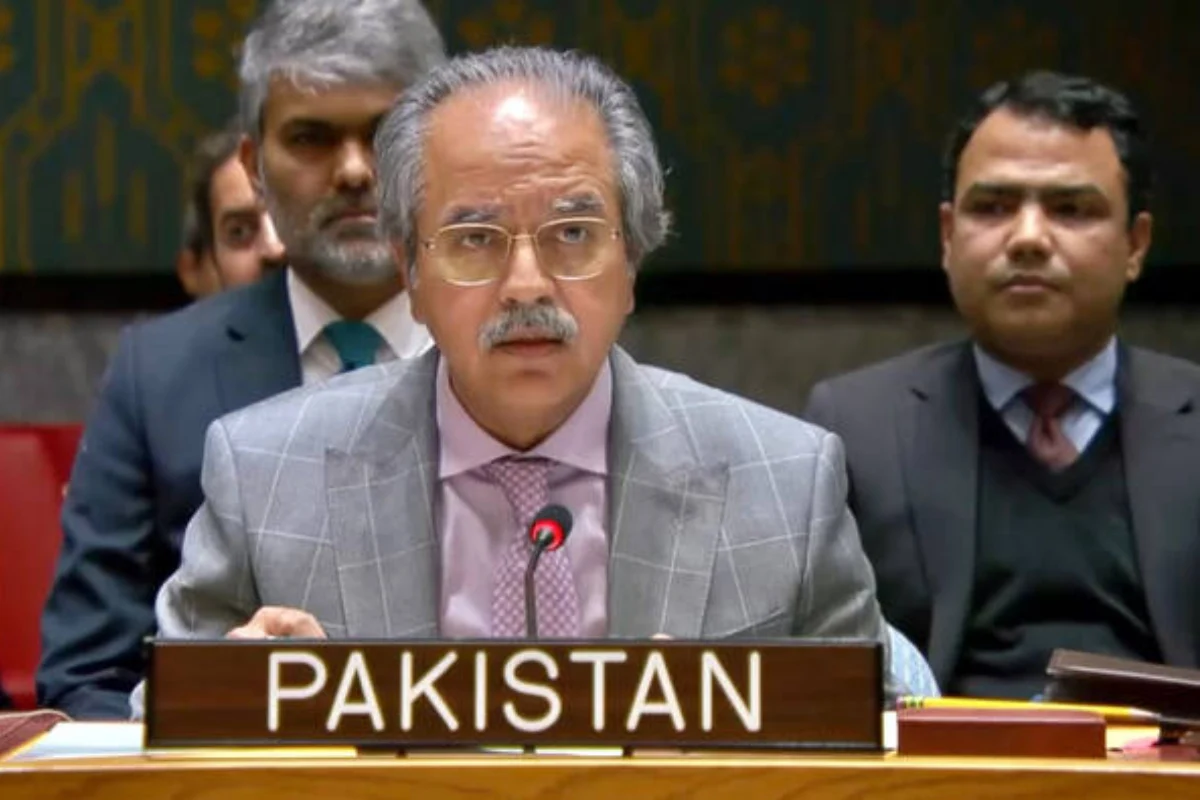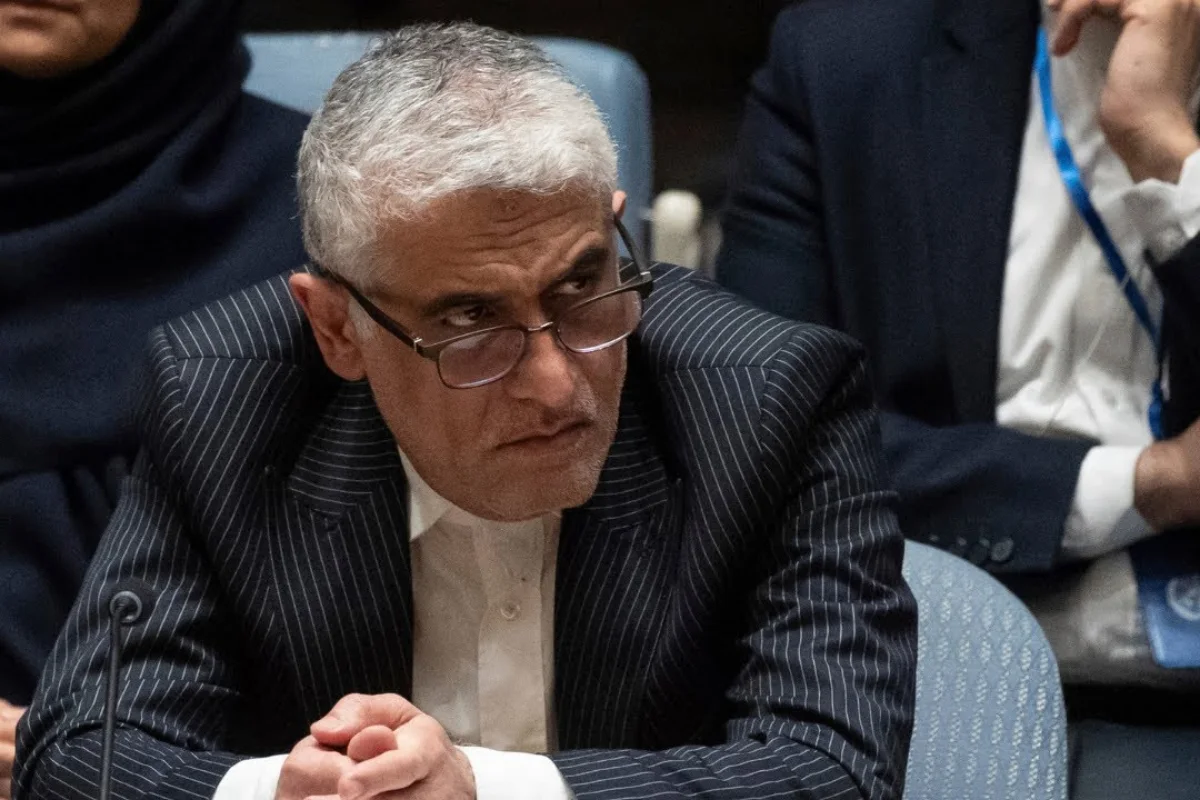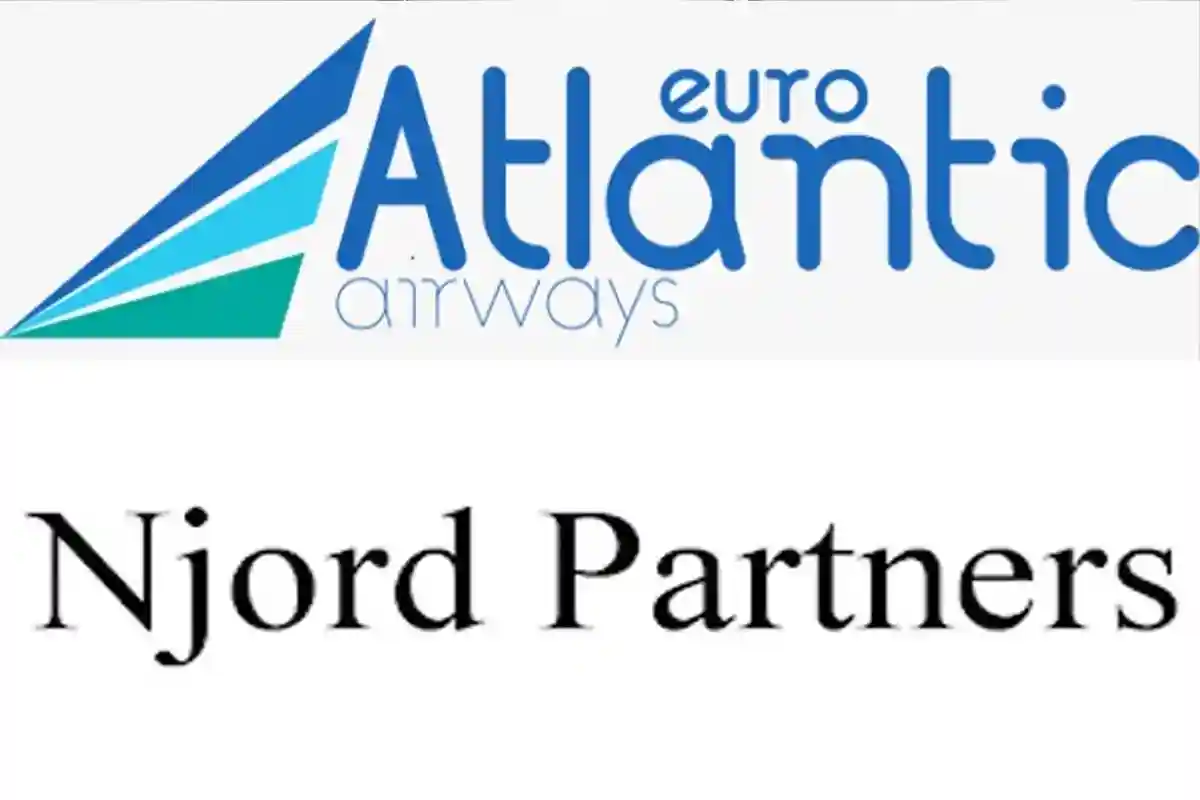The Benazir Income Support Programme (BISP) has officially launched Phase 2 of its payments across Pakistan, providing much-needed relief to millions of low-income families. With increased amounts and a more transparent system, this phase marks a significant step in the government’s effort to reduce poverty and empower women.
Understanding BISP and Its Mission
Launched to support underprivileged families, especially women, BISP delivers quarterly financial assistance to help cover essentials like food, education, and healthcare. Named after former Prime Minister Shaheed Benazir Bhutto, the initiative aims to strengthen social protection and financial independence for Pakistan’s most vulnerable.
What Is Phase 2?
Phase 2 is the second installment of 2025’s payment cycle, following Phase 1 earlier this year. It includes beneficiaries verified through the National Socio-Economic Registry (NSER) and newly eligible households who updated their records.
Increased Payment Amount
To combat inflation, the quarterly payment under the Kafalat Programme has increased from Rs. 10,500 to Rs. 13,500. This amount is delivered through official BISP centers, partner banks, or mobile units across districts.
Eligibility Criteria
To qualify for Phase 2, recipients must:
- Be registered under BISP
- Have a valid CNIC
- Be verified in the NSER
- Fall below the poverty score threshold
- Not be employed in government or registered as a taxpayer
- Not own significant assets or businesses
Those previously disqualified may now be eligible after updating their household data.
How to Check Your Status
Beneficiaries can confirm their payment status via:
- 8171 Web Portal – by entering CNIC and security code
- 8171 SMS Service – by sending CNIC to 8171
The system will notify users if payment is approved or in process.
Where and When to Collect
Phase 2 payments began in mid-October 2025. Eligible recipients will receive an SMS with collection details, including time and location. Payments are disbursed through BISP camps, designated banks, or mobile units.
Collection Steps
Dealing With Delays or Issues
For problems such as missing payments, biometric failures, or expired CNICs, individuals should visit NADRA or their local BISP tehsil office for resolution.
Safety and Scam Prevention
BISP urges all recipients to:
- Never share CNIC or fingerprints with anyone but BISP officials
- Only trust messages from 8171
- Refuse to pay extra fees
- Report fraud or suspicious behavior to BISP offices
Wider Economic Impact
Beyond individual support, BISP boosts local economies by increasing purchasing power in underserved communities. The program is now more efficient, relying on digital verification to prevent corruption and ensure timely payments.
Future Plans
Looking ahead, BISP aims to:
- Expand the NSER survey
- Launch digital wallet options
- Enhance fraud detection
- Introduce skills and training programs for women
- Ensure real-time monitoring of payments
With Phase 2 underway, BISP continues to evolve as one of Pakistan’s most vital tools for promoting financial security and gender empowerment.















